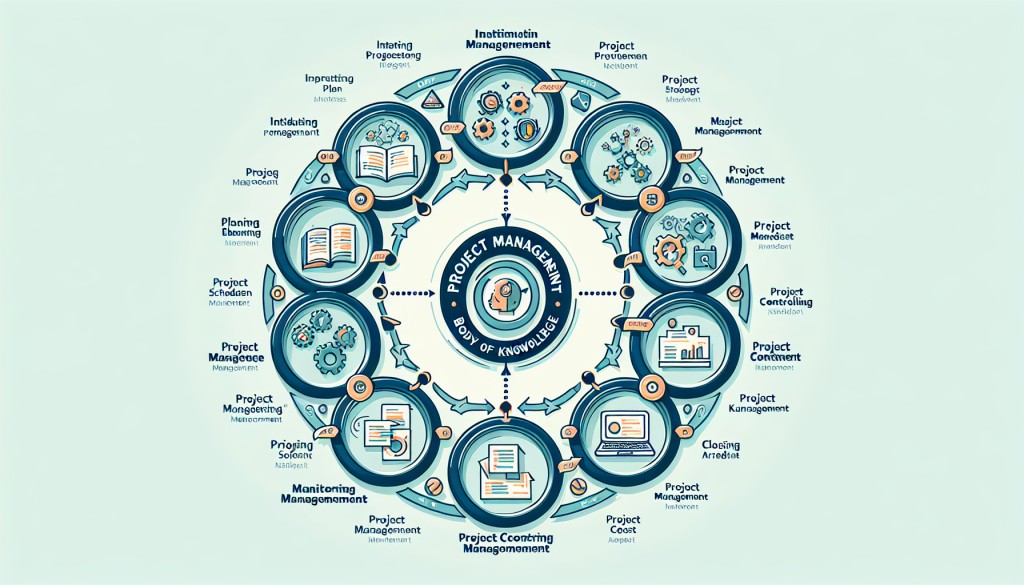The Project Management Body of Knowledge (PMBOK) is an essential framework for managing risks in projects. It provides a comprehensive guide that outlines best practices and processes for effectively identifying, assessing, and responding to risks throughout the project lifecycle.
Understanding the Core Principles of PMBOK .
One of the main reasons why PMBOK is crucial for risk management in projects is because it helps project managers anticipate potential risks before they occur. By following the guidelines outlined in PMBOK, project managers can conduct thorough risk assessments and develop risk management plans to mitigate the impact of potential threats on project objectives.
PMBOK also provides a common language and set of tools for project teams to use when discussing and managing risks. This standardisation ensures that all team members are on the same page when it comes to identifying, analysing, and responding to risks, which ultimately leads to more effective risk management practices.

Moreover, PMBOK emphasises the importance of continuous risk monitoring and control throughout the project lifecycle. By regularly reviewing and updating the risk management plan, project managers can adapt to changing circumstances and address new risks as they arise, ensuring that the project stays on track and delivers the expected outcomes.
In conclusion, PMBOK is crucial for risk management in projects because it provides a systematic approach to identifying, assessing, and responding to risks, as well as a common language and set of tools for project teams to use. By following the guidelines outlined in PMBOK, project managers can effectively manage risks and increase the likelihood of project success.